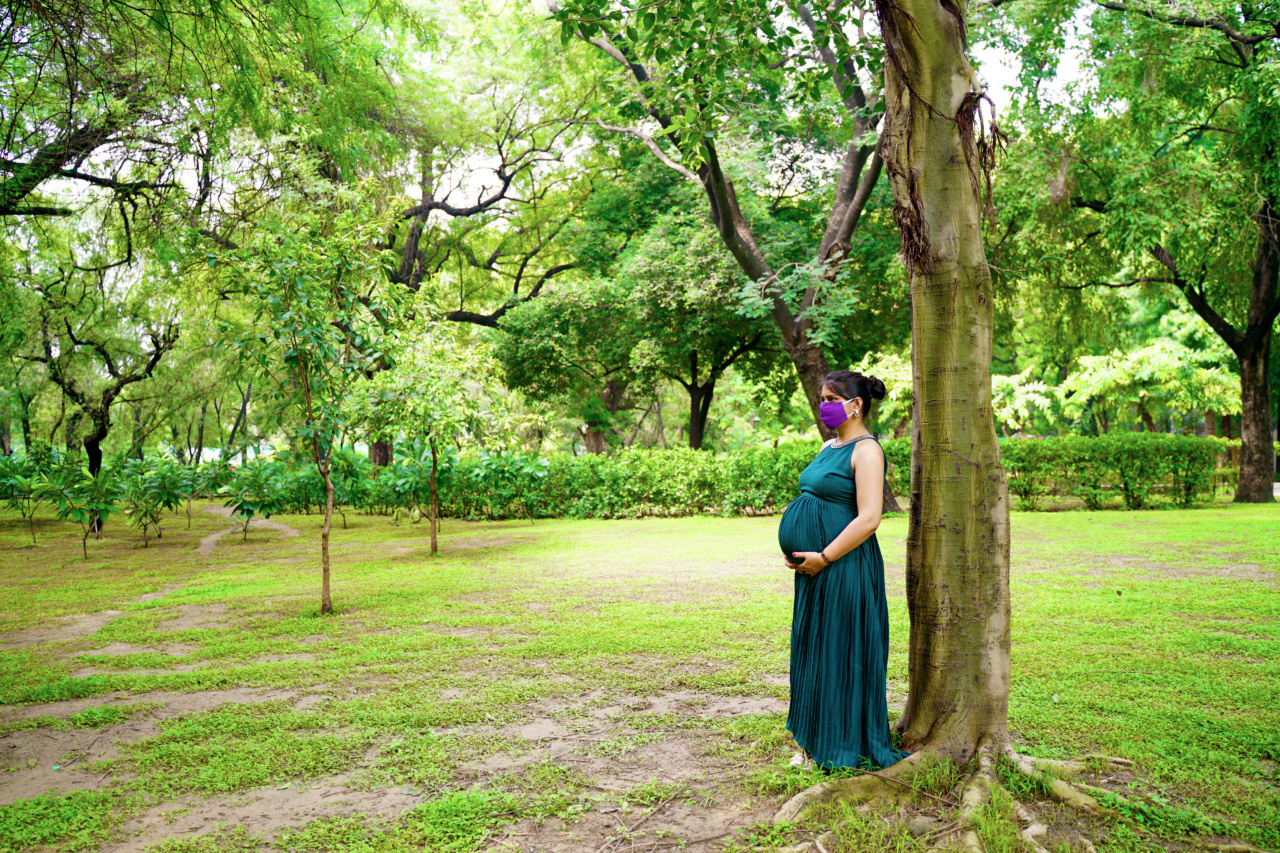Pregnancy is a beautiful and transformative journey that brings a lot of joy and excitement to a woman’s life. However, it is also a period that comes with its fair share of discomforts, including abdominal pain.
While some degree of abdominal discomfort is considered normal during pregnancy, it is essential to understand when to be concerned and when it is just a part of the natural process.
Common Causes of Abdominal Pain During Pregnancy
There are several potential causes of abdominal pain during pregnancy, ranging from harmless to more serious conditions. Here are some common reasons for experiencing abdominal pain:.
1. Round Ligament Pain
Round ligament pain is one of the most frequent causes of abdominal discomfort during pregnancy. This pain is typically felt on one or both sides of the lower abdomen or groin area.
It occurs as the round ligaments (which support the uterus) stretch and thicken to accommodate the growing baby.
Fortunately, round ligament pain is usually harmless and subsides on its own. However, you should reach out to your healthcare provider if the pain is severe, persistent, or accompanied by other concerning symptoms.
2. Braxton Hicks Contractions
Braxton Hicks contractions, often referred to as “practice contractions,” are intermittent uterine contractions that may cause mild abdominal discomfort. They are generally irregular and don’t lead to labor.
These contractions can start as early as the second trimester, but they become more noticeable as the pregnancy progresses.
If the pain becomes intense, rhythmic, and is accompanied by other signs of preterm labor, such as vaginal bleeding or a change in vaginal discharge, it is crucial to contact your healthcare provider immediately.
3. Gas and Bloating
Hormonal changes during pregnancy can affect digestion and lead to increased gas and bloating. This, in turn, can cause abdominal pain and discomfort.
Eating smaller, more frequent meals, avoiding gas-inducing foods, and staying hydrated can help alleviate these symptoms.
4. Constipation
During pregnancy, hormonal changes can also slow down digestion, leading to constipation. This can cause cramping and abdominal pain.
It is important to maintain a high-fiber diet, drink plenty of fluids, and engage in regular physical activity to promote proper bowel movements.
5. Stretching of the Uterus
As your baby grows, your uterus stretches to accommodate their increasing size. This stretching can cause discomfort and mild pain in the lower abdomen.
It is a normal part of pregnancy, but if the pain is severe or persistent, it is recommended to consult your healthcare provider.
6. Urinary Tract Infections (UTIs)
UTIs are more common during pregnancy due to hormonal changes and pressure on the bladder. Symptoms of a UTI can include abdominal pain, frequent urination, and a burning sensation during urination.
If you suspect a UTI, it is crucial to seek prompt medical treatment to prevent complications.
7. Ectopic Pregnancy
While relatively rare, an ectopic pregnancy occurs when a fertilized egg implants outside the uterus, typically in the fallopian tube. This condition can cause severe abdominal pain, often accompanied by vaginal bleeding.
Ectopic pregnancies are medical emergencies and require immediate medical attention to prevent complications.
8. Miscarriage
Abdominal pain, along with vaginal bleeding and strong abdominal cramps, may indicate a miscarriage. If you experience these symptoms, contact your healthcare provider immediately.
9. Preterm Labor
Preterm labor refers to the onset of contractions before 37 weeks of gestation. Abdominal pain, often accompanied by regular contractions, lower back pain, or pelvic pressure, can be a sign of preterm labor.
If you experience these symptoms, it is crucial to seek immediate medical attention.
10. Placental Abruption
Placental abruption occurs when the placenta partially or completely separates from the uterine wall before delivery. This condition can cause intense abdominal pain, back pain, vaginal bleeding, and uterine tenderness.
Placental abruption is a medical emergency that needs immediate attention.
When to Seek Medical Attention?
While some abdominal pain is normal during pregnancy, it is essential to be vigilant and recognize when it might indicate a more serious underlying condition. Contact your healthcare provider if you experience any of the following:.
- Severe, persistent, or worsening abdominal pain
- Abdominal pain accompanied by vaginal bleeding or spotting
- Fluid leakage from the vagina
- Strong, regular contractions
- Fever and chills
- Dizziness or fainting
- Difficulty breathing
- Changes in vision
- Severe headaches
- Reduced fetal movement
Always trust your instincts and never hesitate to contact your healthcare provider if you are concerned about any abdominal pain during your pregnancy. They are there to guide and support you throughout this incredible journey.


























